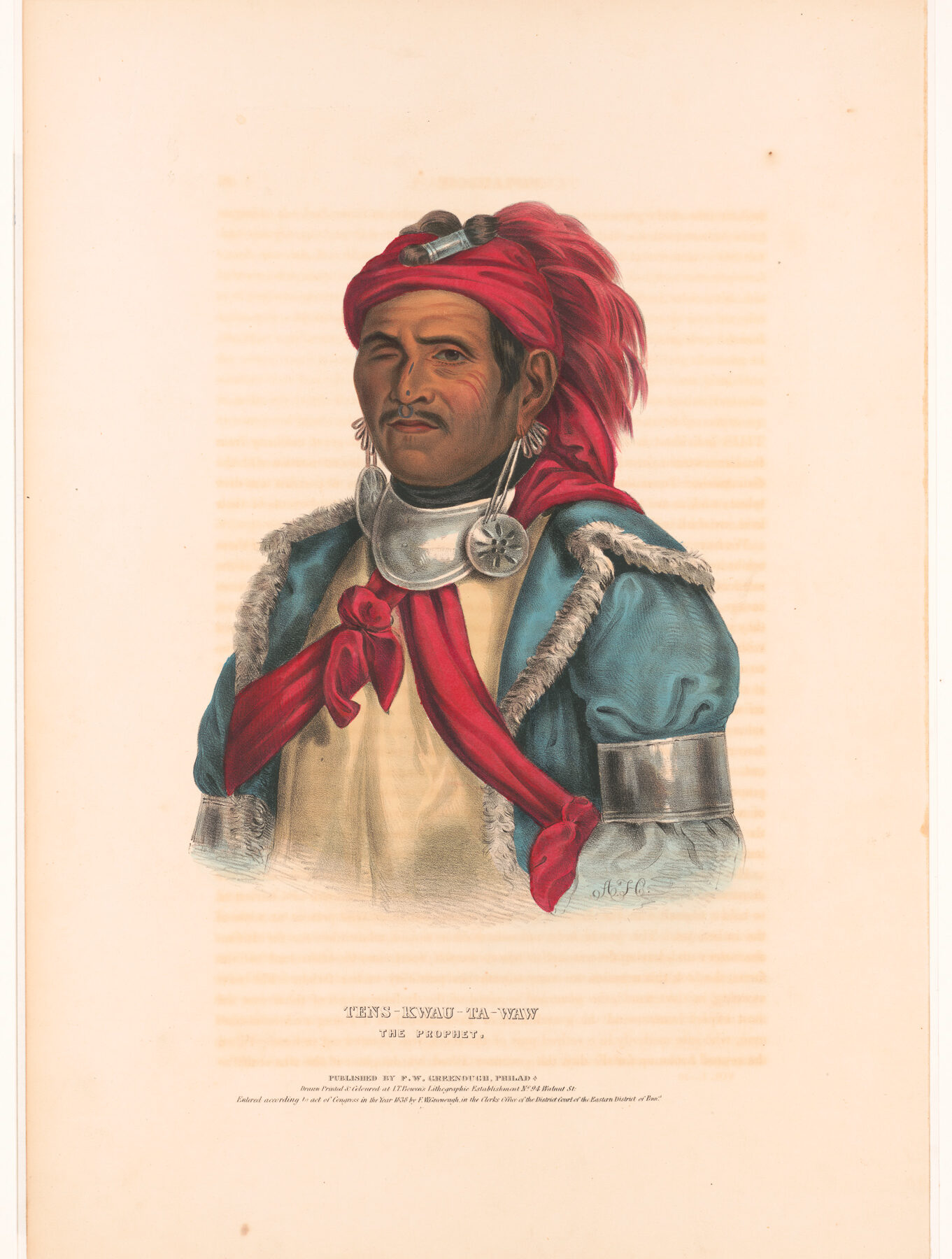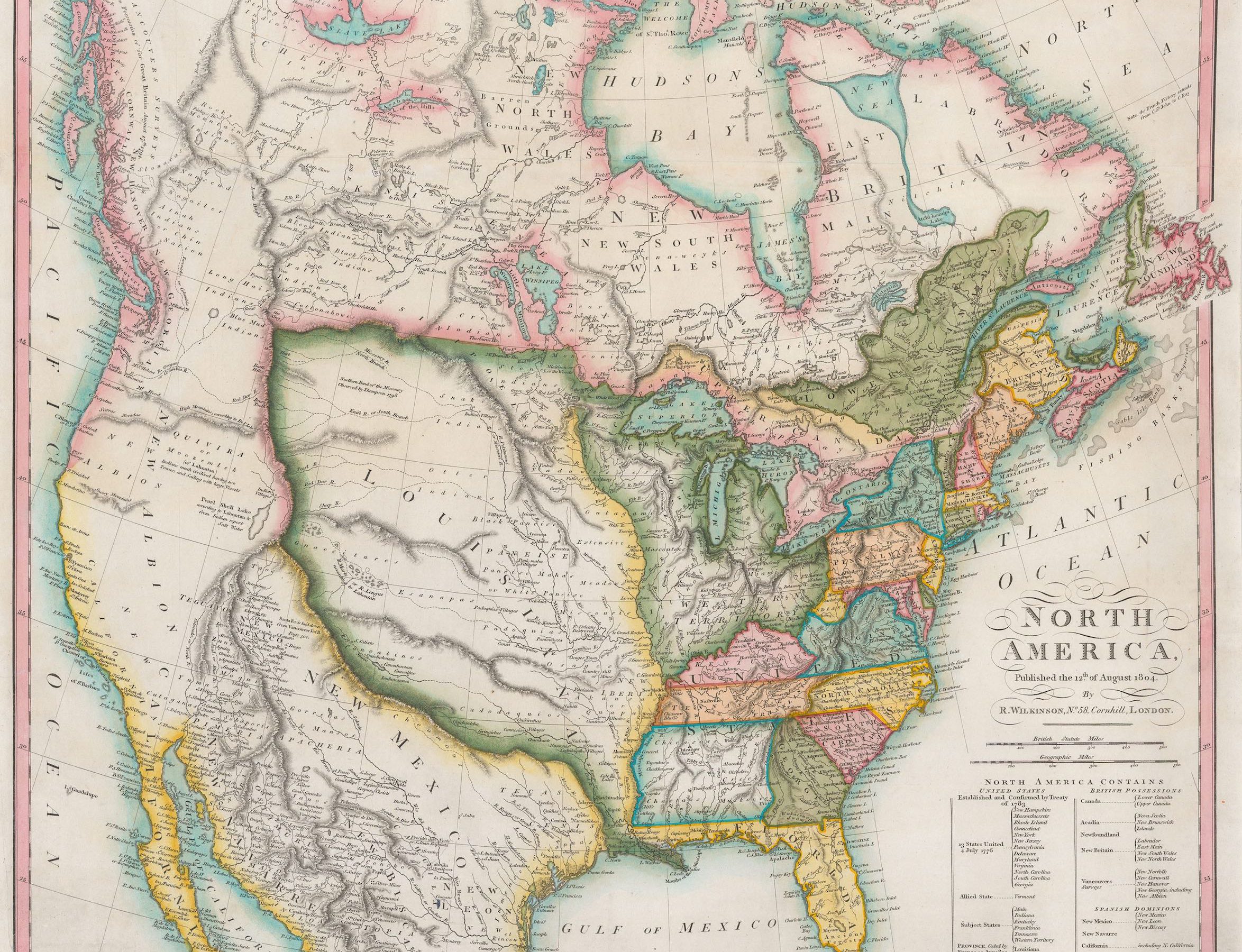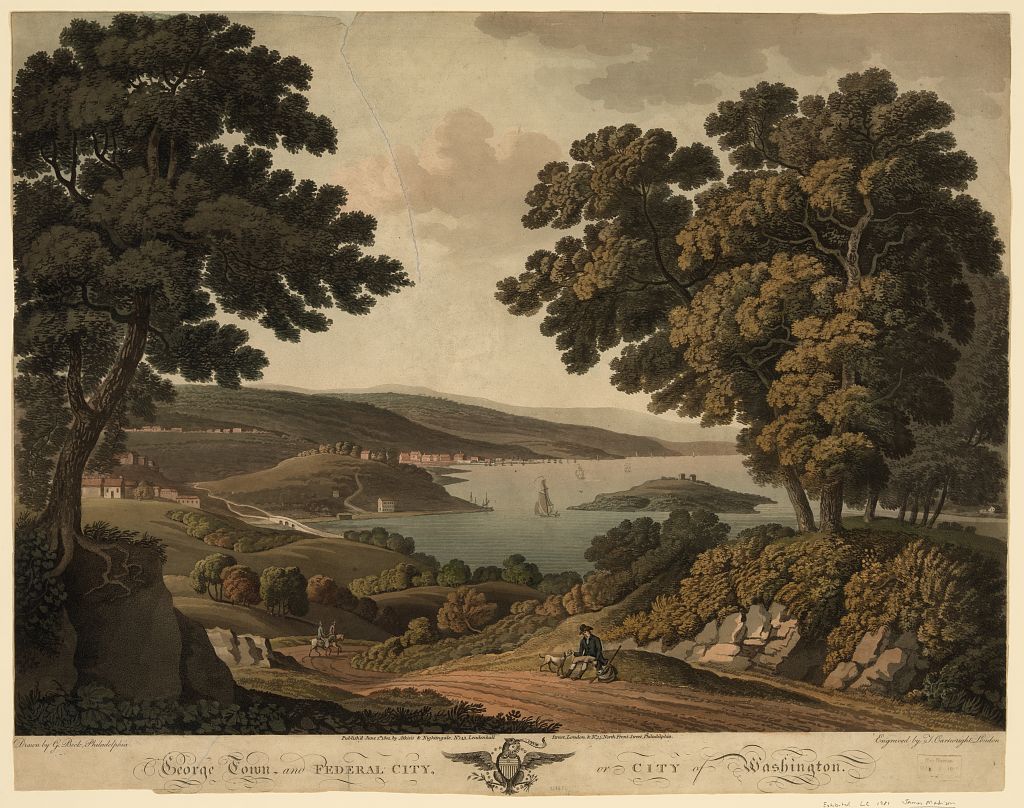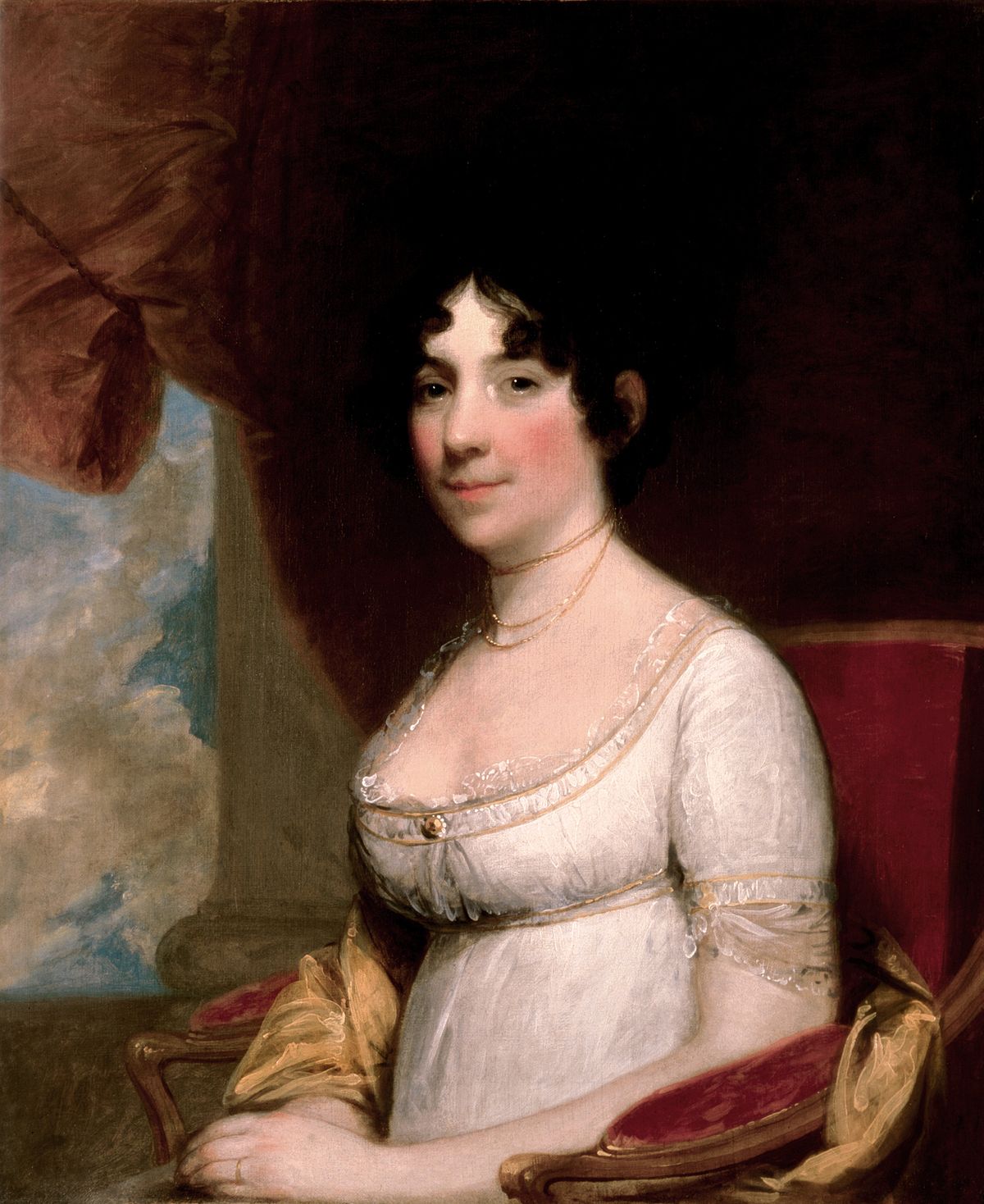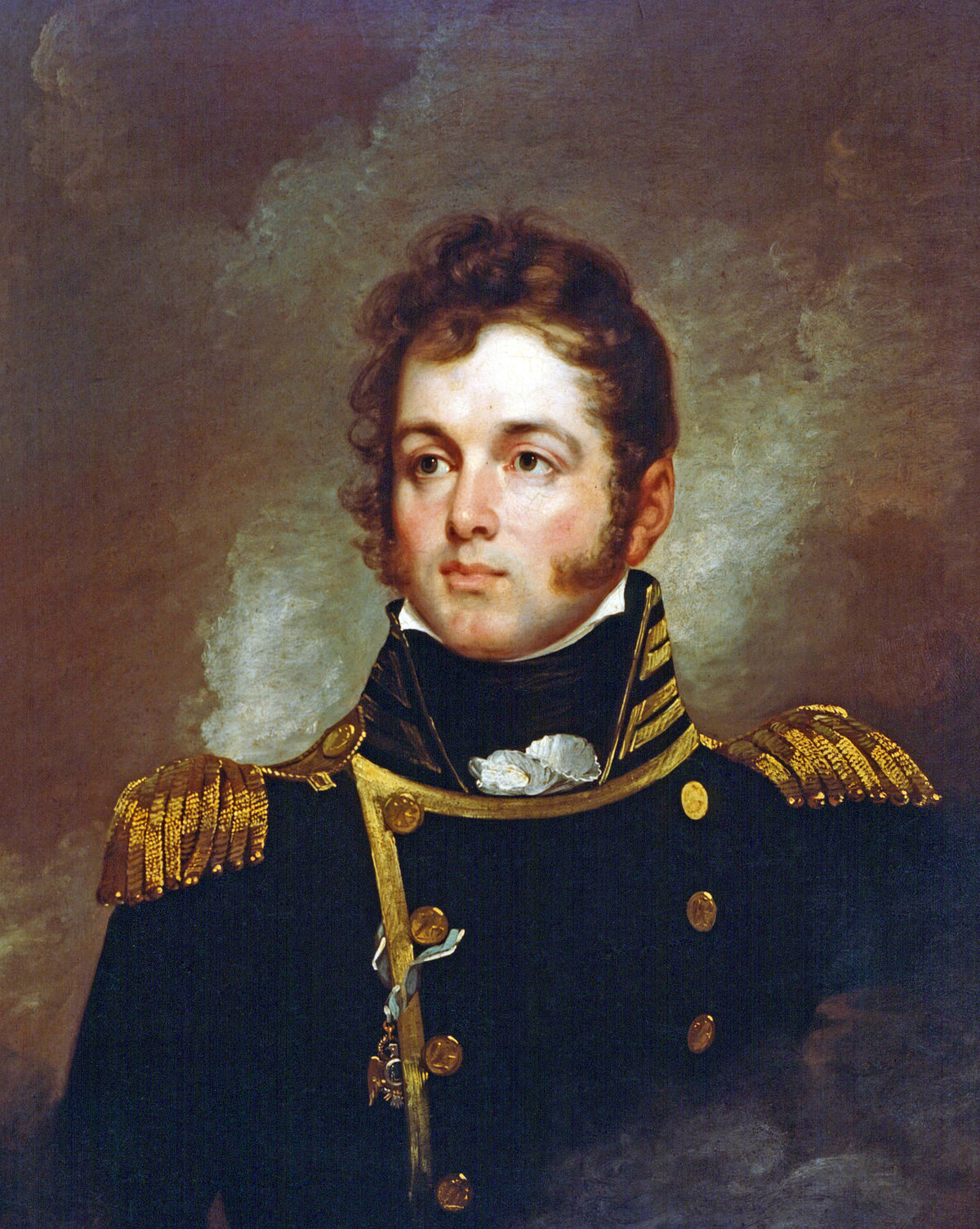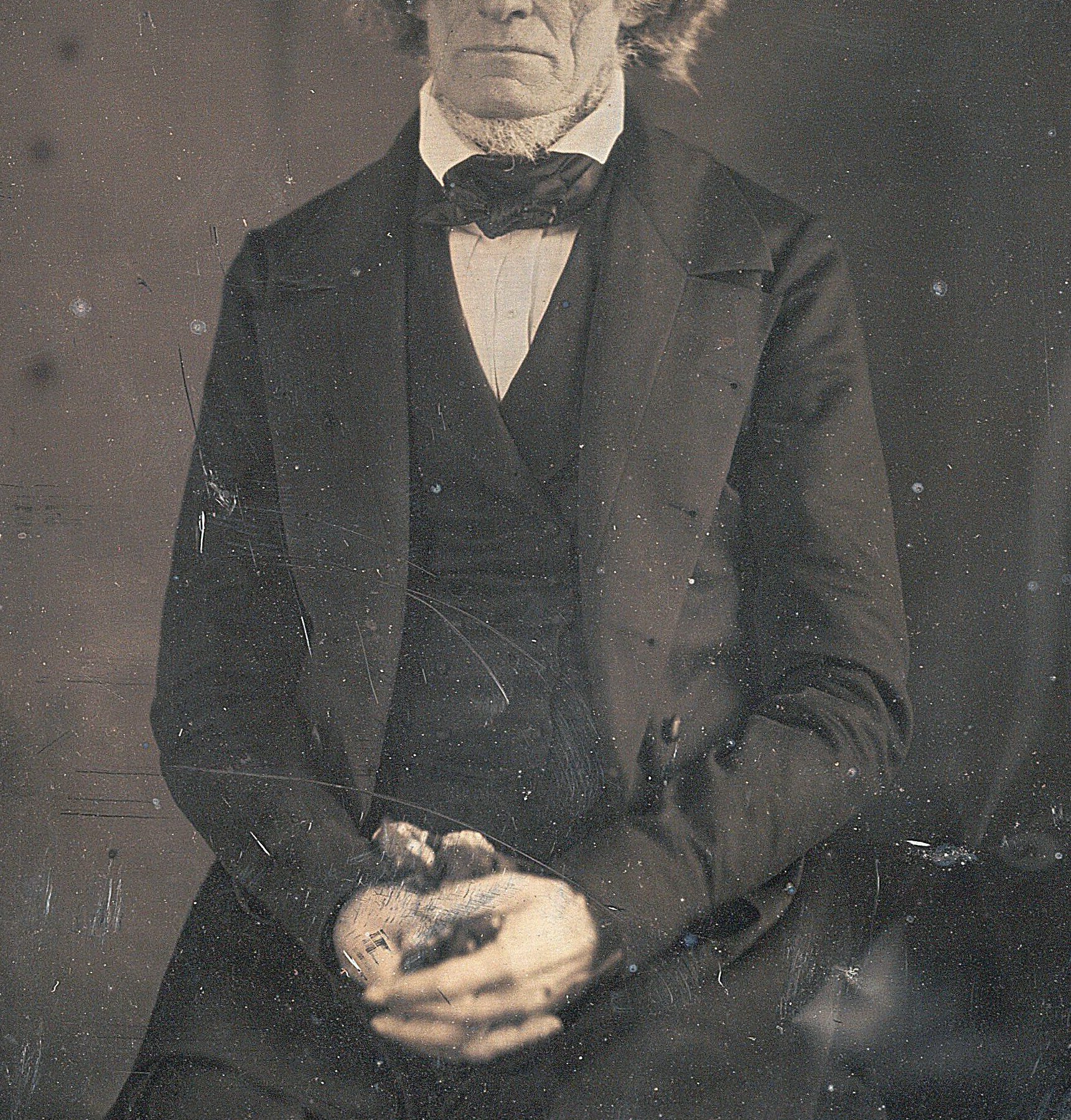Francis Scott Key: The Defence of Fort McHenry, 1814

The Defense of Fort McHenry (The Star-Spangled Banner) During the War of 1812, a noted attorney named Francis Scott Key found himself in the midst of the British onslaught against Fort McHenry in Baltimore Harbor. After enduring nearly a full day of relentless shelling, Key was certain the British would capture the fort and raise the
Continue Reading “Francis Scott Key: The Defence of Fort McHenry, 1814”

